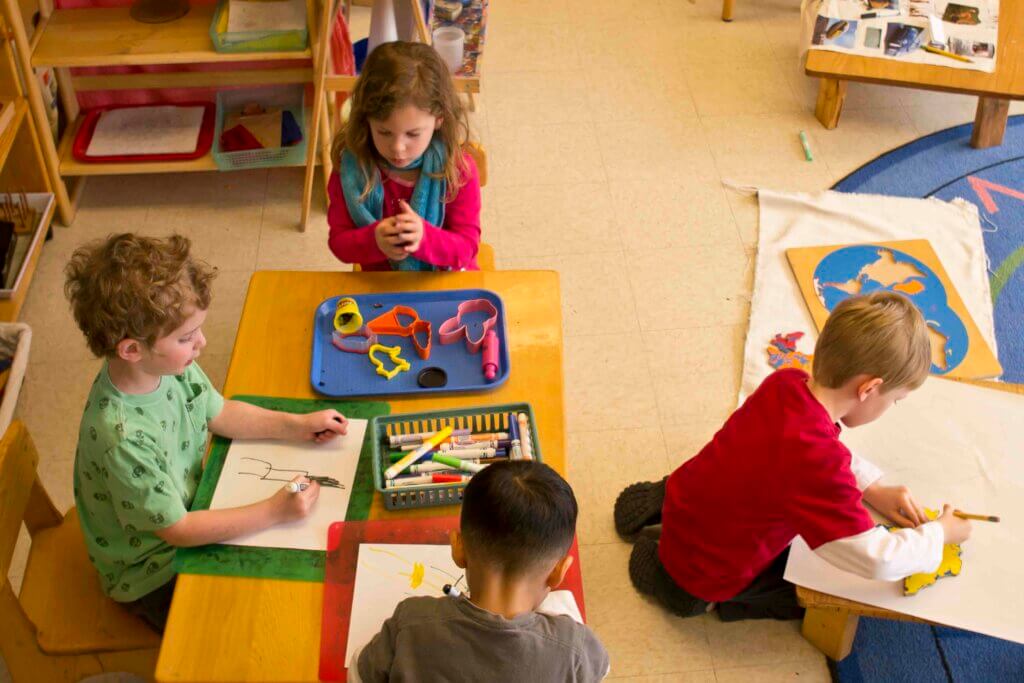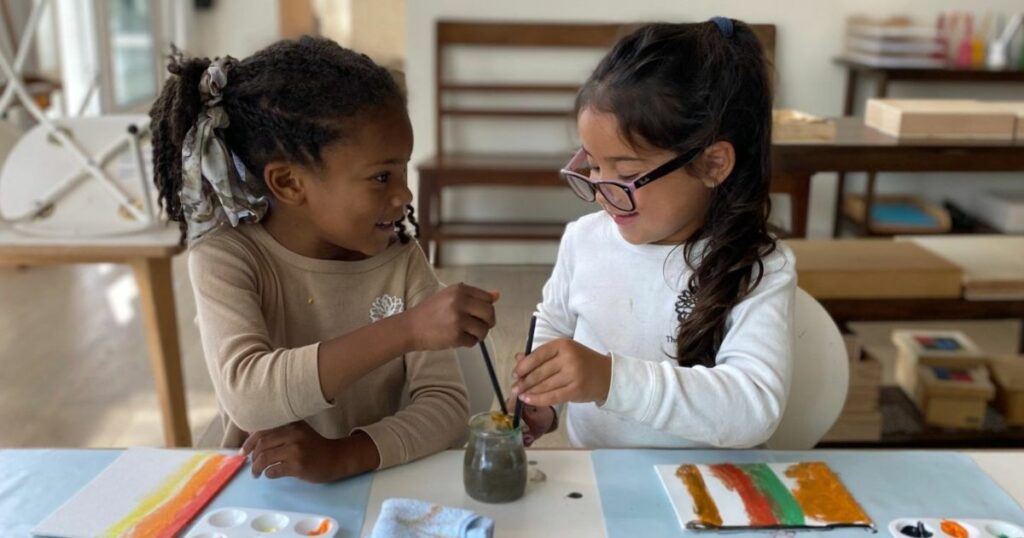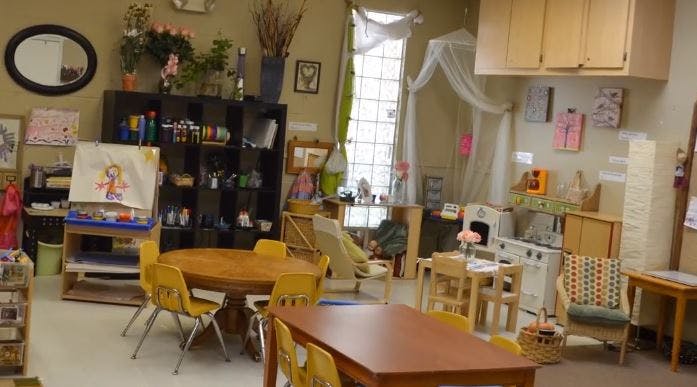How can you tell if your child will thrive in a Montessori environment?
Montessori is the finest way to learn, but it only works when:
1) The child begins Montessori at the age of three or soon after.
2) The child attends Montessori regularly.
3) The child’s home is run in a Montessori manner (quality wooden toys rather than electronic toys; limited television; lots of reading and outdoor time; children are taught to respect others)
4) The child’s school is an authentic Montessori environment
5) The parents understand Montessori and see their child’s education as long-term rather than expecting immediate results or changes and respect the teachers’ knowledge and training.
6) The parent’s attitude: remaining optimistic despite setbacks, working at the school or PTO, and supporting your child.
Any variation from those six factors will have an impact on how well a kid responds to a Montessori school and how successful they are in it.
As a parent, you can see that you have control over several of these variables:
1) As soon as possible, enroll your child in a Montessori school. There are many benefits of Montessori education.
2) Rather than pulling your child out and putting them back in, you can keep them in a Montessori program.
3) You can run your household in a Montessori-style manner (See: How to Raise an Amazing Child the Montessori Way)
4) You can observe the school, get input from other parents, and learn about its reputation in the community.
5) You may educate yourself about the Montessori philosophy (there is a wealth of information available online) and show your respect for your child’s teachers.
6) Keep a positive attitude and participate in your child’s school.
Here are some of your child’s features that could influence the outcome:
1) The personality of the child is important. A youngster that is adaptable and quick to new situations will have an easier time adjusting to any new environment, including Montessori.

2) If the child has unique needs, this may affect their performance in Montessori.
3) This is probably the most important: if your child has spent any time in a traditional education setting where they have received grades and rewards, where learning is a matter of “filling in the blanks” with the correct answer, and where the teacher is the ultimate authority, they may find it difficult to adjust to Montessori.
According to current brain research, the Montessori method is the most natural way to learn, as it follows a child’s inherent impulses and inner motivation. When a kid begins Montessori at a young age- they are encouraged to learn by doing, to discover things on their own, and to pursue their interests.
When a child’s natural learning pattern is disrupted by time spent in a traditional education setting, it can be difficult for them to let go of grades and rewards and feel in control of their educational journey. That is why, before grades and awards become a part of the curriculum, we always propose that a child begin Montessori at the age of three.
You won’t know how well your child will do in Montessori until they give it a try. Even if you try your hardest to be a good “Montessori parent,” things may not go as planned. Your child may enjoy it. As a result, it is suggested that parents learn as much as they can and then attempt it!
What to do when your child begins Montessori & finds difficulties?
Teachers have occasionally introduced “non-Montessori” elements such as prizes, worksheets, and excessive homework. In other instances, the youngster has difficulties due to a behavioral or learning challenge. Unfortunately, bullying does occur from time to time.
The first step is to sit down and have a one-on-one conversation with your child’s instructor. Perhaps something can be changed in the classroom to assist your youngster in adjusting. Perhaps there is something you can do at home to make a difference. Things may improve if they learn more about your child and what makes them “tick.” However, nothing will happen unless you speak with them.
Request a meeting with the teacher and the school director if communication with your kid’s teacher is difficult (for example, if it appears that they are treating your child unfairly or are not devoted to helping your child achieve). Before you decide to take your child out of school, talk it over with them.

It’s also important to remember to give it time. It takes time for children to transition to a new school of any kind; it can take time to make friends, feel at ease in the classroom, learn how to use the materials, and become acquainted with that specific school and its procedures.
The final piece of advice is to maintain a respectful demeanor. Do not criticize your child’s teacher in front of them. Don’t talk about your children with other parents. Seek clarification from the teacher on something your child has passed on to you that you don’t understand. Without your child there, talk to the teacher over the phone or meet at the school during non-school hours. You can let your child know you’re working on making them feel better at school without disclosing all the details.
Takeaway:
Children in the high-fidelity Montessori school made much more progress on assessments of executive function, reading, numeracy, vocabulary, and social problem-solving than children in the regular school. In a nutshell, choosing Montessori education for your child is the best option.






